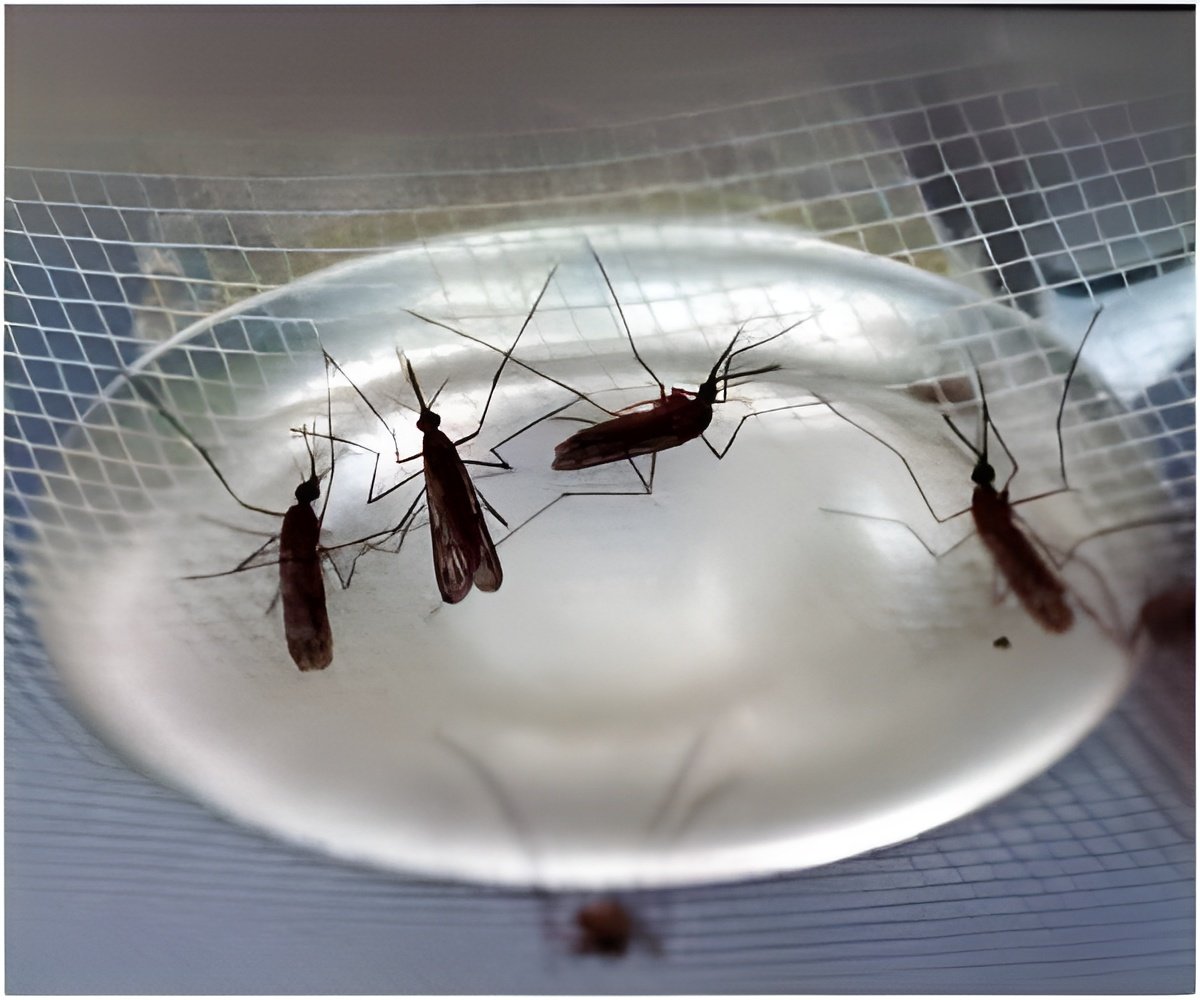An international team of scientists has developed new assays that can detect malaria parasites in human blood even at very low levels.

Parasites were detected in 25 percent of samples by light microscopy, in 50 percent by the standard assay, and in 58 percent samples by the new assays. Compared to the new assays, the current molecular standard assay failed to identify 16 percent of malaria infections, and at least 40 percent of those contained parasite gametocytes, the parasite stage that is transmitted when mosquitoes bite an infected person.
Nonetheless, because low-density infections without actual disease symptoms are expected to become increasingly common as countries improve malaria control, ultra-sensitive tools such as these will likely be critical for malaria surveillance and for monitoring the progress of malaria control and elimination programs.
The study is published in PLOS Medicine.
Source-Medindia












